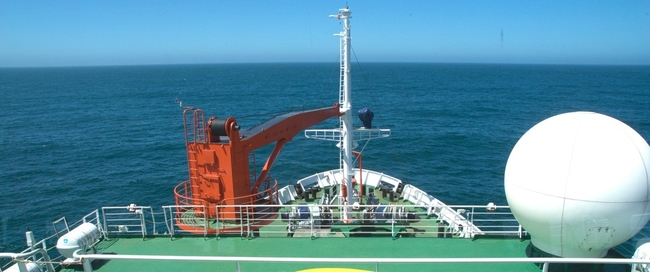Overview
Gaps in our understanding of marine ecosystems and their future changes pose a major challenge for the sustainable management of human activities affecting them. Our knowledge of the status of the South and Tropical Atlantic marine ecosystems and their future evolution is particularly poor, especially in comparison to the North Atlantic.
At the same time, many of the countries bordering the South and Tropical Atlantic depend heavily on marine ecosystems for providing relevant services such as food, genetic resources, recreation and climate regulation. There is an urgent need to provide reliable information on their current state and how they may change. Months to decades are the time scales of greatest and immediate interest to most stakeholders and economic actors.
Research is now needed on understanding and modelling climatic and human activity impacts on marine ecosystems in the South and Tropical Atlantic, to be able to understand, predict and adapt to ecosystem changes.
A systemic approach, leading to climate based ecosystem prediction and information on future socio-economic and ecosystem service changes, will enable policy makers to tackle socio-economic challenges and contribute to the sustainable development of the region.
ZMT takes part in work packages: 1.3, 1.5 and 4.1 with the special aim to contribute with its experience and data to large marine ecosystems off Senegal/Mauretania, Namibia/South Africa and Northeast Brazil.
Project Partners |
|---|
| CAU, GEOMAR, Thünen Institute, IRD, IMR, UiB, UNI, NERSC, FURG, UFPE, UFRPE, UFRN, UFSC, UniCV, INDP, DAFF, UCT, UNAM, INIP |





